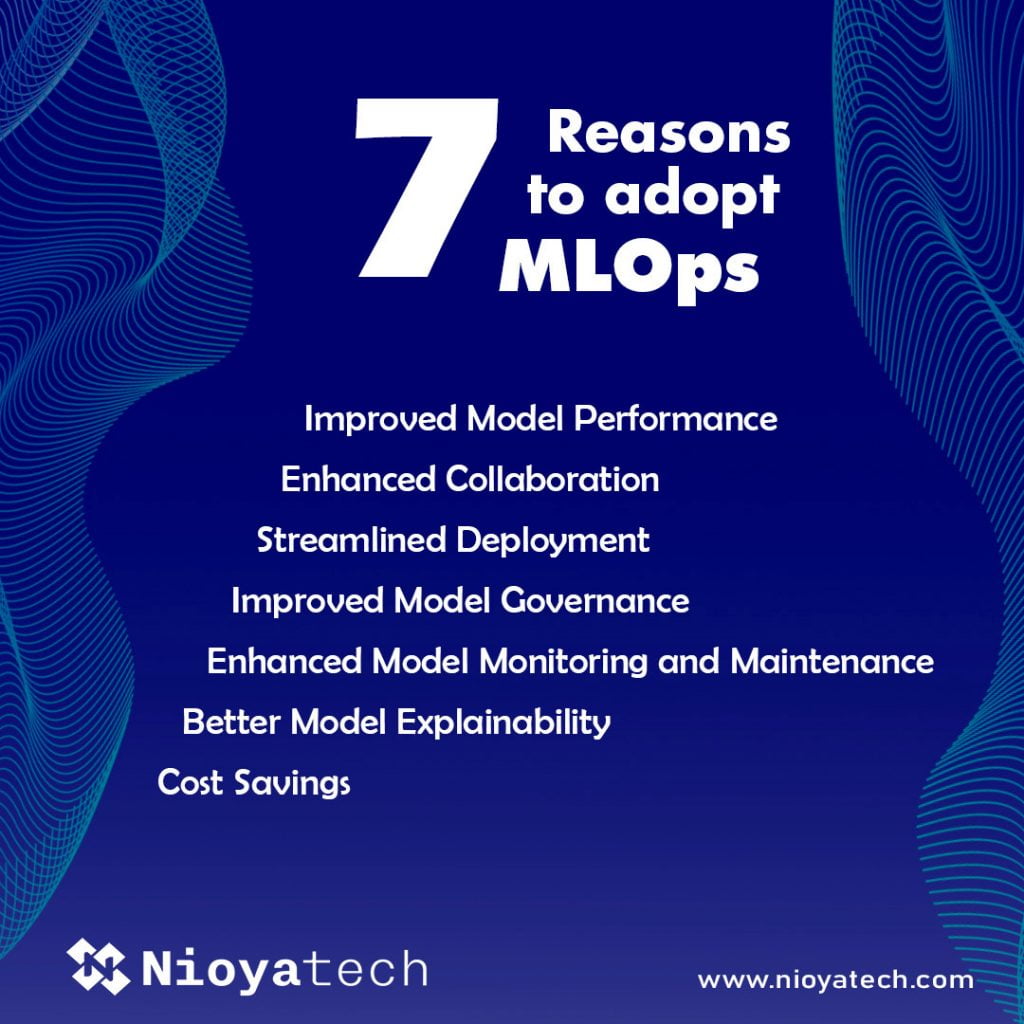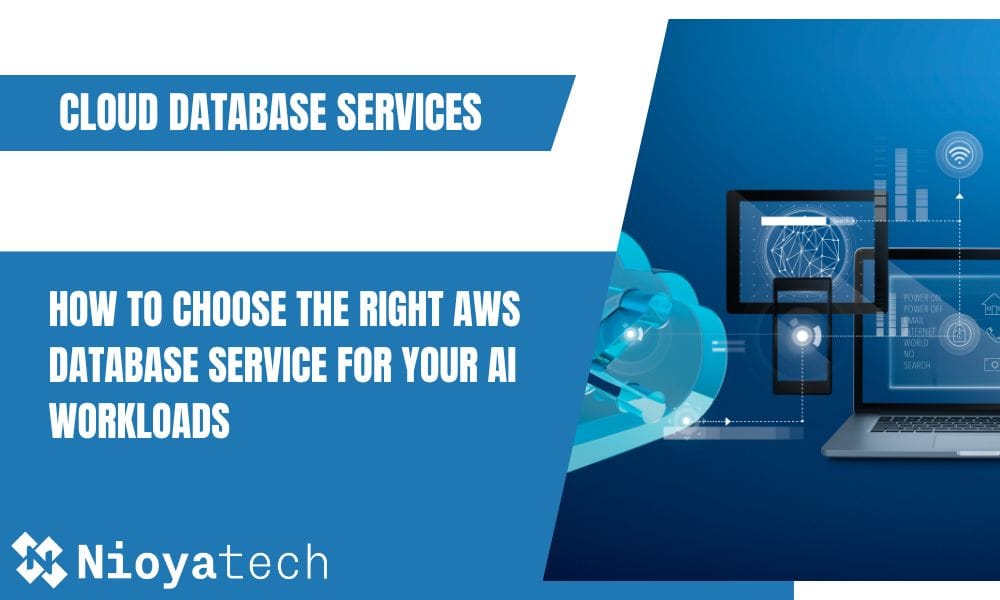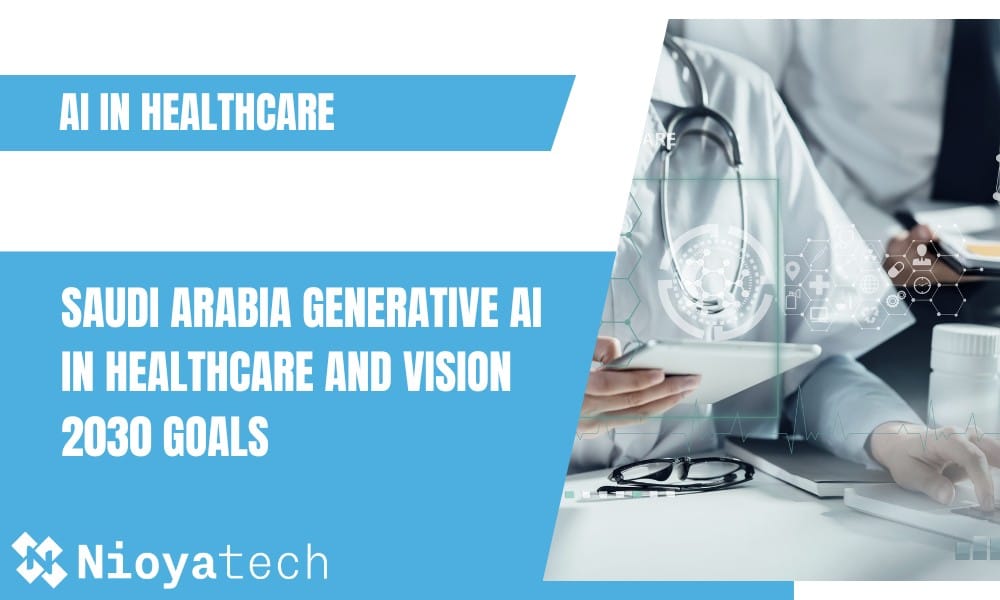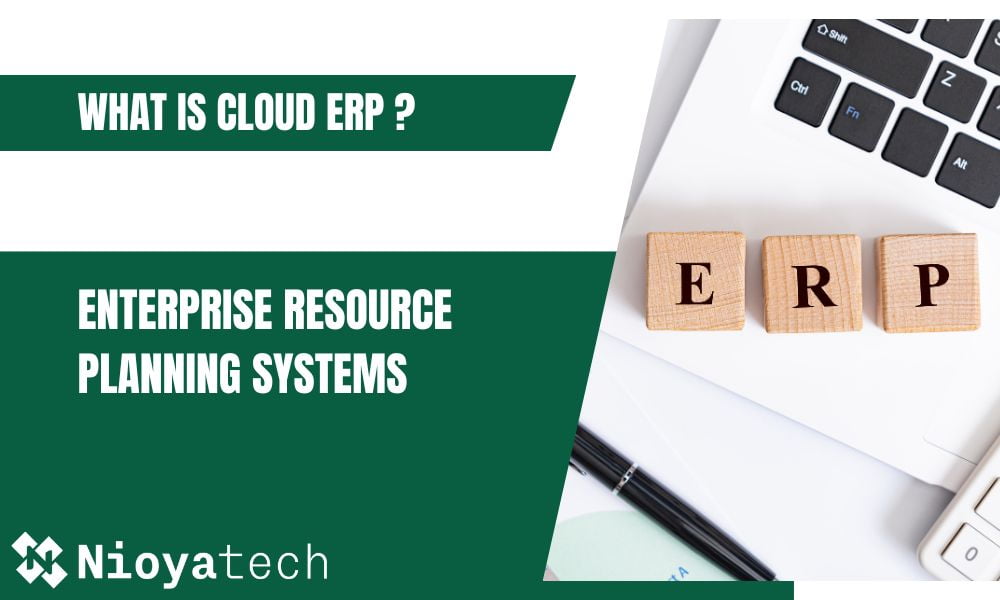Machine Learning (ML) is a rapidly growing field that is revolutionizing the way organizations operate. As ML becomes more prevalent, the need for effective ML operations (MLOps) has also grown.
In this blog post, we will explore the importance of MLOps and the benefits it provides to organizations. We will look at how MLOps tools help improve performance, enhance collaboration, streamline deployment, and improve model governance. We’ll also discuss how MLOps can lead to better model monitoring and maintenance, better explainability, and cost savings.

What is MLOps?
From healthcare to finance, retail to manufacturing, ML is being used to solve complex problems and improve decision-making. The ability to extract insights from large and diverse data sets has made ML an essential tool for data science and artificial intelligence (AI) applications.
MLOps is essential for ensuring that ML models are accurate, reliable, and interpretable as well as for ensuring data security and privacy. It also plays a critical role in the continuous integration and continuous deployment (CI/CD) pipeline, which enables organizations to quickly and efficiently deploy models in production.
Why Should You Use MLOps?
MLOps aspires to bring the best of DevOps to machine learning by minimizing friction between development, and operations — and by building a culture in which all teams can collaborate to constantly enhance machine learning systems and maximize the value they give to the enterprise. Here are 7 reasons why you should adopt MLOps :
Improved Model Performance
One of the key benefits of MLOps is the ability to improve the performance of machine learning models. MLOps tools help optimize and fine-tune models to achieve better performance. This can be done by automating the process of hyperparameter tuning, which is the process of adjusting the parameters to optimize its performance.
Versioning is the process of keeping track of different versions of a model and comparing their performance. This allows data scientists to easily revert to a previous version if a new version is not performing as well. It helps to ensure that models are being trained on the most up-to-date and accurate data, which can also contribute to improved model performance.This leads to increased business value in a number of ways.
For example, a more accurate model improves decision-making and better customer service. In the healthcare industry, this leads to earlier diagnosis and better patient outcomes. In the retail industry, it helps improve product recommendations and increase sales.
In summary, MLOps improves the performance of machine learning processes, which helps to increase business value.
Enhanced Collaboration
Another key benefit of MLOps is enhanced collaboration. It facilitates collaboration between data scientists, engineers, and other stakeholders by providing a centralized platform for managing the entire lifecycle of ML models. This includes everything from data mining and data governance to cloud computing and natural language processing (NLP).
With MLOps, data scientists can share their workflows with other stakeholders, such as engineers and business leaders. This allows for more efficient and effective collaboration, as everyone is working off of the same platform and has access to the same information. This leads to faster development and deployment, as data scientists and engineers can work together to quickly resolve any issues or make improvements.
In addition, machine learning Operations can also help to ensure data security and privacy, as well as for ensuring that machine learning models are accurate, reliable, and interpretable. It also plays a critical role in continuous integration and continuous deployment (CI/CD) pipeline, which enables organizations to quickly and efficiently deploy in production.
Moreover, this enhanced collaboration leads to better communication and alignment between different teams, such as data science and IT teams, which can help to ensure that models are being deployed in the most efficient and effective way possible.
In summary, MLOps facilitates collaboration between data scientists, engineers, and other stakeholders, which leads to faster development and deployment. By adopting ML and Operations in 2023, organizations can stay competitive by ensuring that their machine learning models are developed and deployed quickly and efficiently.
Streamlined Deployment
Another benefit of MLOps is streamlined deployment. This automates the deployment process, making it faster and more efficient. This is done by automating tasks such as model testing, versioning, and deployment.
With MLOps, data scientists can test their models against multiple datasets and different configurations, ensuring that they are ready for deployment. Once it is ready for deployment, MLOps automatically deploys it to a production environment, without the need for manual intervention.
This streamlined deployment process leads to faster time-to-market, This means increased revenue, as organizations can take advantage of new market opportunities more quickly.
For example, in the retail industry, a faster time-to-market for a new product recommendation could lead to increased sales and revenue. Or in the healthcare industry, it leads to earlier diagnoses and better patient outcomes.
Improved Machine Learning Model Governance
MLOps plays a critical role in ensuring compliance with regulations and industry standards. By providing a centralized platform for managing the entire lifecycle of machine learning models, it makes it easier to track and document all changes. Organizations can stay compliant with regulations such as the General Data Protection Regulation (GDPR) and the Health Insurance Portability and Accountability Act (HIPAA).
MLOps also provide features such as model versioning, which makes it easy to roll back to a previous version if necessary. This can be particularly useful in cases where a new version is not compliant with regulations or industry standards.
Improving model governance leads to reduced risk for the organization, as they will be more reliable, accurate and interpretable. This in turn can lead to increased trust in the organization’s ML models, which is particularly important in industries such as healthcare and finance where trust is crucial.
In addition to regulatory compliance, MLOps also play a critical role in ensuring the ethical use of AI, by providing transparency and interpretability. It is also necessary to track and monitor the performance of the models over time, which can help to detect any unintended bias or other issues.
Overall, MLOps help organizations to ensure compliance with regulations and industry standards, and improved governance can lead to reduced risk and increased trust in the organization’s ML models.
Enhanced Monitoring and Maintenance
MLOps plays a critical role in enabling ongoing monitoring and maintenance. By providing a centralized platform for managing the entire lifecycle of machine learning, MLOps make it easy to track and document all changes. This can help organizations to stay compliant with regulations and industry standards, as well as to detect and resolve any issues with a model.
MlOps allows for the monitoring of performance over time, which helps detect when a model is underperforming or has become outdated. This can be done by monitoring the it’s accuracy, precision, and recall, as well as by monitoring the performance on different datasets.
Better Model Explainability
MLOps provide a critical function in making machine learning models more interpretable and transparent. By providing a centralized platform for managing the entire lifecycle, it makes it easy to track and document all changes including the data and algorithms. This may help organizations to stay compliant with regulations and industry standards and also make it easier to understand the decision-making process.
MLOps helps to provide interpretability by providing feature importance, which helps to identify the most important features and how they influence the model’s predictions. MLOps tools also help in providing transparency by providing natural language processing (NLP) and data mining techniques, which may help to understand the data and the relationships between the data and the model’s predictions.
Better model explainability leads to increased trust in the organization’s ML models, as stakeholders will be able to understand how a model is making decisions. This can also lead to improved decision-making, as stakeholders will be able to understand the strengths and limitations and how to use it effectively.
Cost Savings
The final benefit of MLOps is cost savings. MLOps can save you money due to automation and increased efficiency.By automating tasks such as model testing, versioning, and deployment, MLOps can save data scientists and engineers time and effort. Additionally, by providing a centralized platform for managing the entire lifecycle of machine learning models, it makes it easy to track and document all changes made to a model, which can help to reduce the risk of errors and rework.
Potential savings may also be realized by maintaining the models and their associated data on the cloud, which can assist enterprises in lowering the cost and complexity of putting them in production. This can also help in scaling to handle large data sets and provide better performance.
These savings can be reinvested in other areas of the company. Economic benefits, for example, might be utilized to invest in more data scientists, engineers, or other resources to increase the performance of ML models. Cost-cutting measures might also be utilized to invest in new technology or enter new industries.
In summary, MLOps technologies may save money through automation and increased productivity. These cost savings may be utilized to invest in other areas of the business, assisting firms in remaining market competitive.

Conclusion
In this blog post, we have explored the importance of MLOps and the benefits it provides to organizations. We have looked at how MLOps tools can help improve model performance, enhance collaboration, streamline deployment, improve governance, enhance monitoring and maintenance, provide better model explainability, and lead to cost savings.
By adopting MLOps, organizations can stay competitive in the market by ensuring that their models are performing at their best, developed and deployed quickly and efficiently, compliant with regulations and industry standards, reliable, accurate, interpretable, transparent, and cost-effective.
We have seen how MLOps may help organizations in various industries, such as healthcare, finance, retail and manufacturing, to extract insights from large and diverse data sets, improve decision-making, reduce risk, increase trust in the organization’s ML processes, and improve the performance of the models over time.
We urge organizations to explore and implement MLOps tools to stay competitive in the market. MLOps is a critical function that organizations should invest in to ensure the success of their ML models and to stay ahead of the competition.






